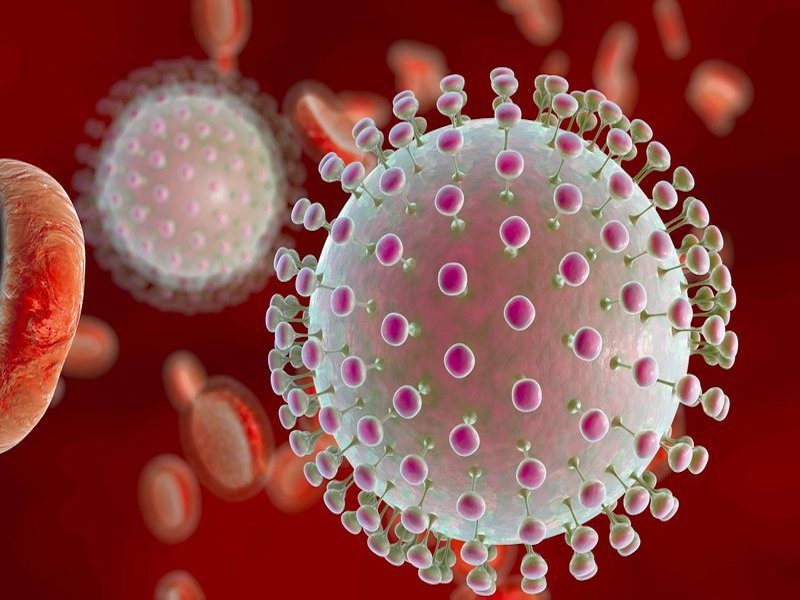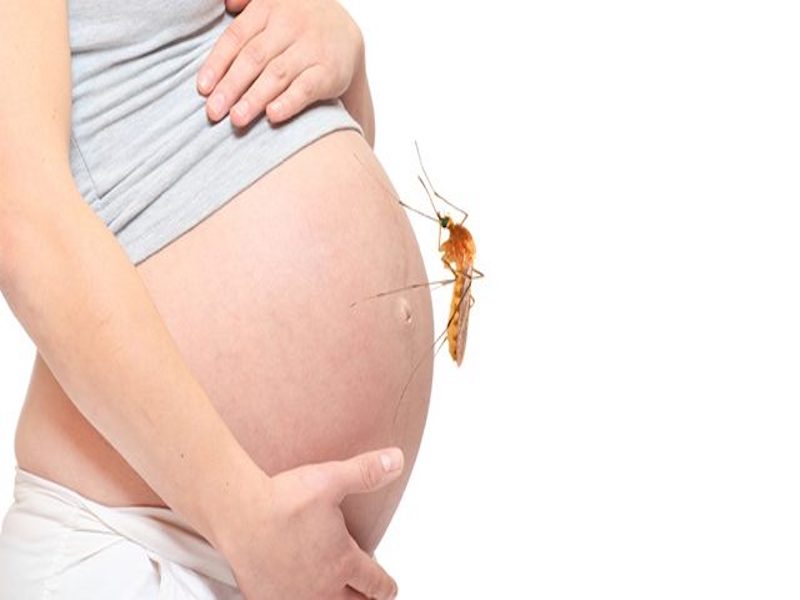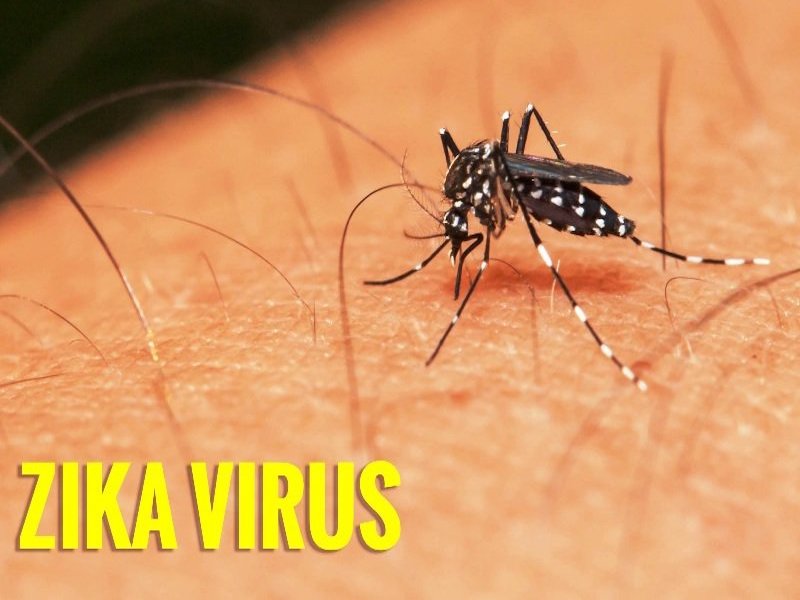
5 Things To Know About Zika Virus And Pregnancy
Zika virus is a virus transmitted through mosquito bites or sexual contact. This virus can cause mild symptoms such as fever, rash, joint pain, and conjunctivitis. However, Zika can cause serious effects on the fetus. Let’s find out details with Evaworlds through the article below.
What is the Zika virus?
Zika virus is a virus in the Flaviviridae family, transmitted by insects and can cause Zika disease in humans. This virus was first discovered in the forests of Uganda in 1947. The main insect is the Aedes mosquito, especially Aedes aegypti and Aedes albopictus, which is the main source of infection for the Zika virus, they often live near humans in urban environments.

People infected with the Zika virus may not know they are infected because symptoms are often very mild or do not appear. Some common symptoms of Zika include mild fever, muscle pain, joint pain, red eyes, skin rash, headache and feeling tired. However, the disease can cause serious complications, especially in pregnant women, causing serious consequences for the fetus such as brain problems and other biological problems.
Zika virus has caused a large epidemic worldwide, especially in tropical and subtropical areas. Prevention measures include using mosquito repellents, avoiding exposure to mosquitoes, using personal protection when necessary, and reducing the risk of infection when traveling to areas where the Zika virus is spreading.
Zika can cause serious effects on the fetus
Microcephaly: Zika can cause microcephaly, a condition in which the fetus is born with a smaller-than-normal brain size. This can lead to serious health problems and affect the mental and physical development of the fetus.

Eye problems: Zika can cause eye problems such as cataracts and retinal detachment. These problems can affect the fetus’s ability to see and cause long-term consequences after birth.
Hearing problems: Zika can cause hearing problems such as partial or complete hearing loss. This damage can affect the fetus’s ability to hear and cause difficulties in learning and language development.
Developmental problems: Zika can cause developmental problems such as developmental delays and seizures. These problems can affect the fetus’s mobility and overall development after birth.
5 Things to Know About Zika and Pregnancy
Pregnant women should avoid going to high-risk areas for Zika
Pregnant women should exercise caution and limit travel to high-risk areas for Zika, especially in areas where the spread of the virus has been reported.
High-risk areas include countries and territories in South America, Central America, the Caribbean and Mexico. In these places, the Zika virus has been confirmed and can cause serious health effects in pregnant women and their fetuses.

Therefore, avoiding these areas will minimize the risk of exposure to the Zika virus, protecting the health of yourself and your fetus.
Pregnant women should use measures to avoid mosquito bites
For pregnant women, using measures to avoid mosquito bites is extremely important to protect the health of themselves and their fetus. These measures include:
Wear long-sleeved clothes: Especially when going out in the evening or early morning, wear long-sleeved clothes and long clothes to protect your skin from mosquito attacks.
Use mosquito nets: When indoors or in places with many mosquitoes, use curtains or blinds to prevent mosquitoes from entering the living space.
Use mosquito repellent: Use mosquito repellent creams or products containing DEET to apply to the skin, especially skin areas not covered by clothing.
Implementing these measures will minimize the risk of mosquito bites, thereby reducing the risk of Zika virus infection and other infectious diseases that mosquitoes can carry.
Pregnant women should be tested for Zika
Early diagnosis of Zika virus infections is important for pregnant women. Therefore, women should be encouraged to get tested for Zika, especially if they have been to high-risk areas for the virus.
Testing for Zika will help doctors determine whether the virus exists in a woman’s body. If the test result is positive, the doctor can closely monitor the fetus’s health and offer preventative measures or medical intervention when necessary.
In particular, early identification of Zika virus infections is even more important in minimizing the risk of microcephaly and other health problems related to this virus in the fetus.
There is no specific treatment for Zika
Currently, there is no specific treatment for the Zika virus. However, available treatments are often aimed at alleviating the symptoms of the disease and supporting the body’s recovery.

Specifically, common treatments include:
- Get enough and proper rest: Especially during periods of severe symptoms such as fever, muscle pain, and headache.
- Drink plenty of water: Make sure your body is provided with enough water to keep your body from becoming dehydrated and losing electrolytes.
- Use pain relievers and fever reducers: To reduce discomfort and symptoms such as fever and muscle pain.
- Control other symptoms: Such as nausea, vomiting, constipation, or dermatological problems.
- Take mosquito prevention measures: Especially during pregnancy to prevent the spread of viruses.
However, Zika treatment still requires close monitoring from a doctor, especially for pregnant women, to ensure the safety of both the mother and fetus.
Zika can be transmitted from mother to child
Zika virus can be transmitted from mother to child during pregnancy or birth. This can cause serious problems with the health of the fetus, including microcephaly and other developmental problems.
If you are pregnant and suspect you have been exposed to the Zika virus or have traveled to high-risk areas, it is important to discuss this with your doctor immediately. Your doctor can conduct the necessary tests to determine whether you have Zika infection and advise on appropriate prevention and intervention measures.
If you have been diagnosed with Zika while pregnant, your doctor will monitor your health and your baby’s health carefully, and make the most appropriate treatment decisions to minimize the risk to your baby. This may include closer pregnancy monitoring, regular visits, and screening tests to monitor fetal development.













